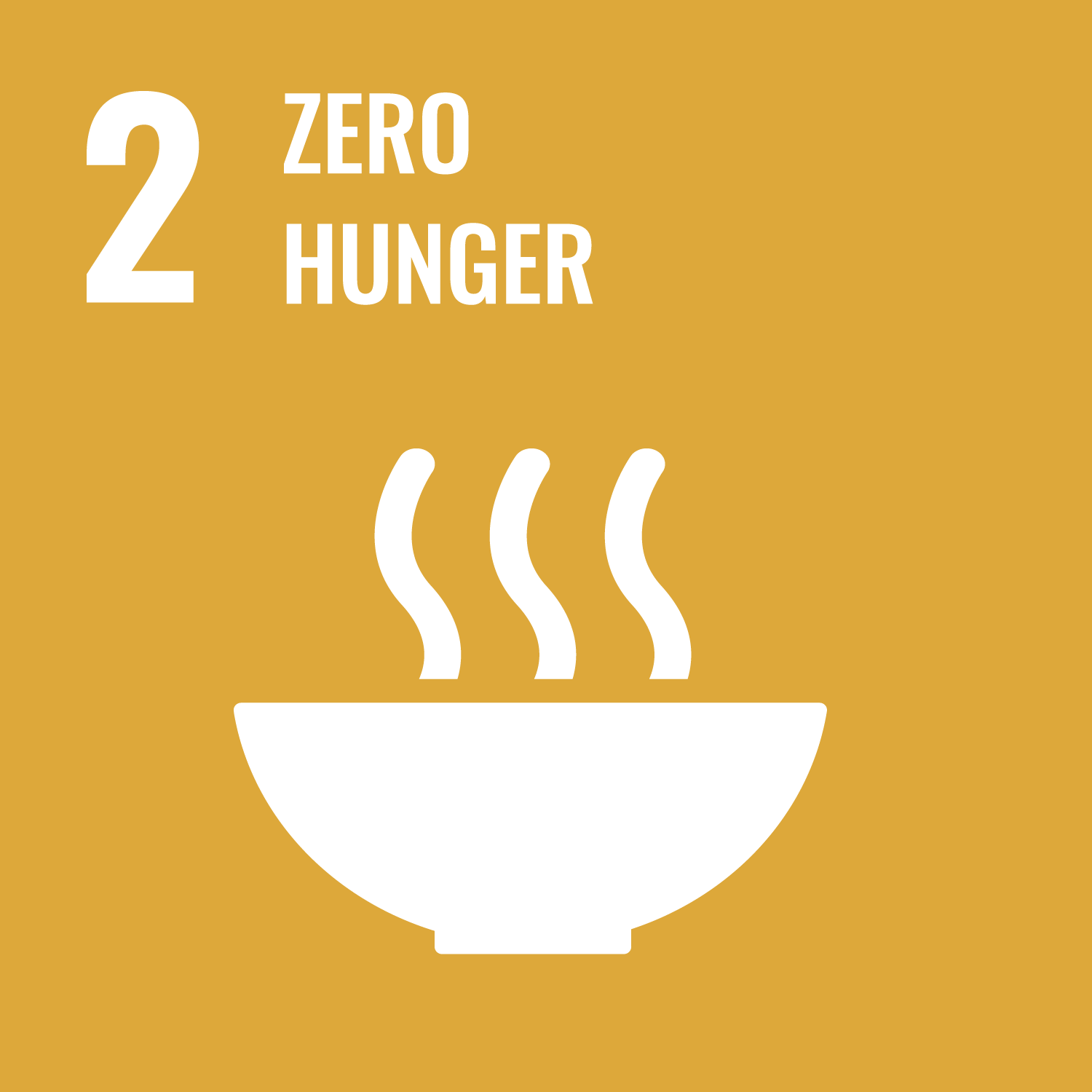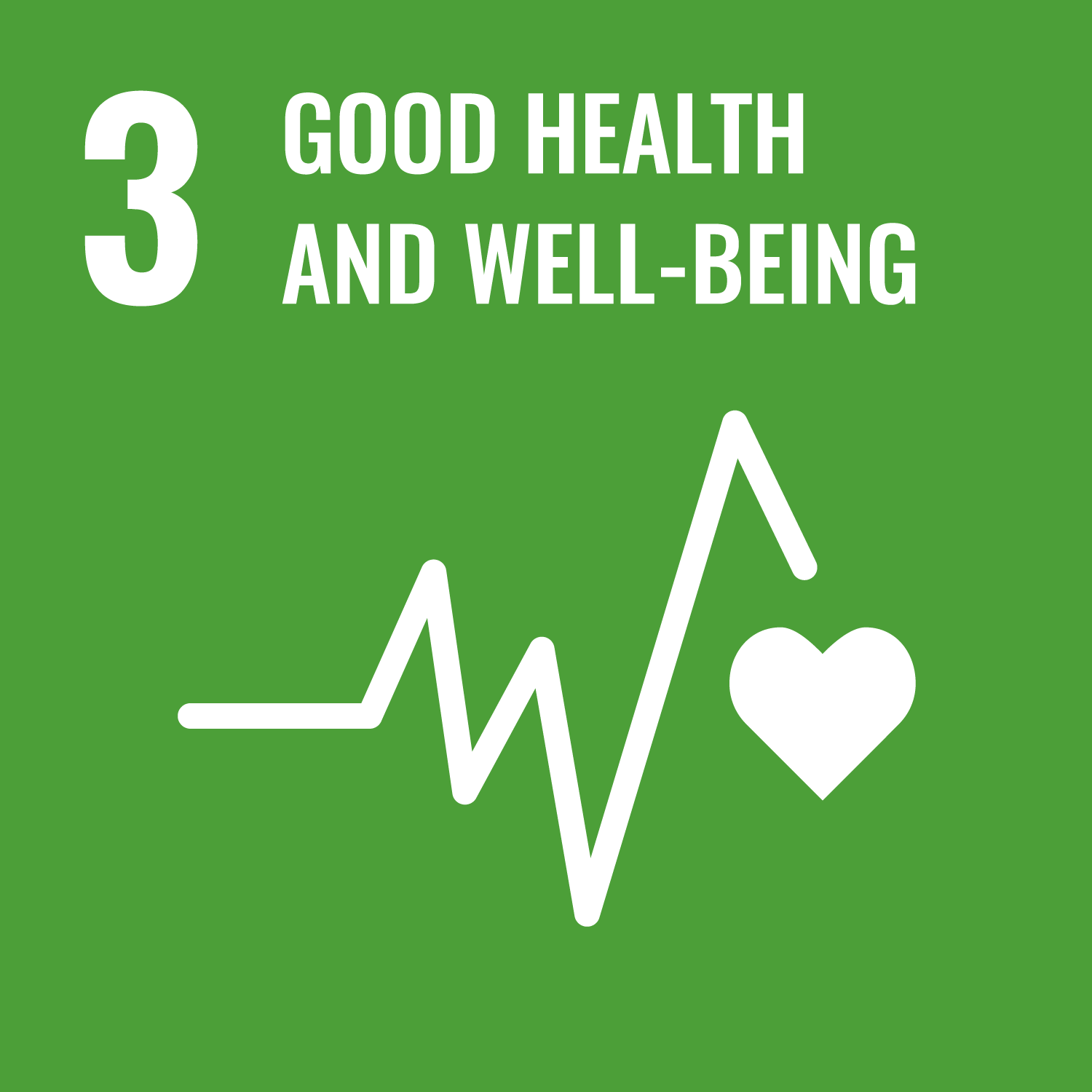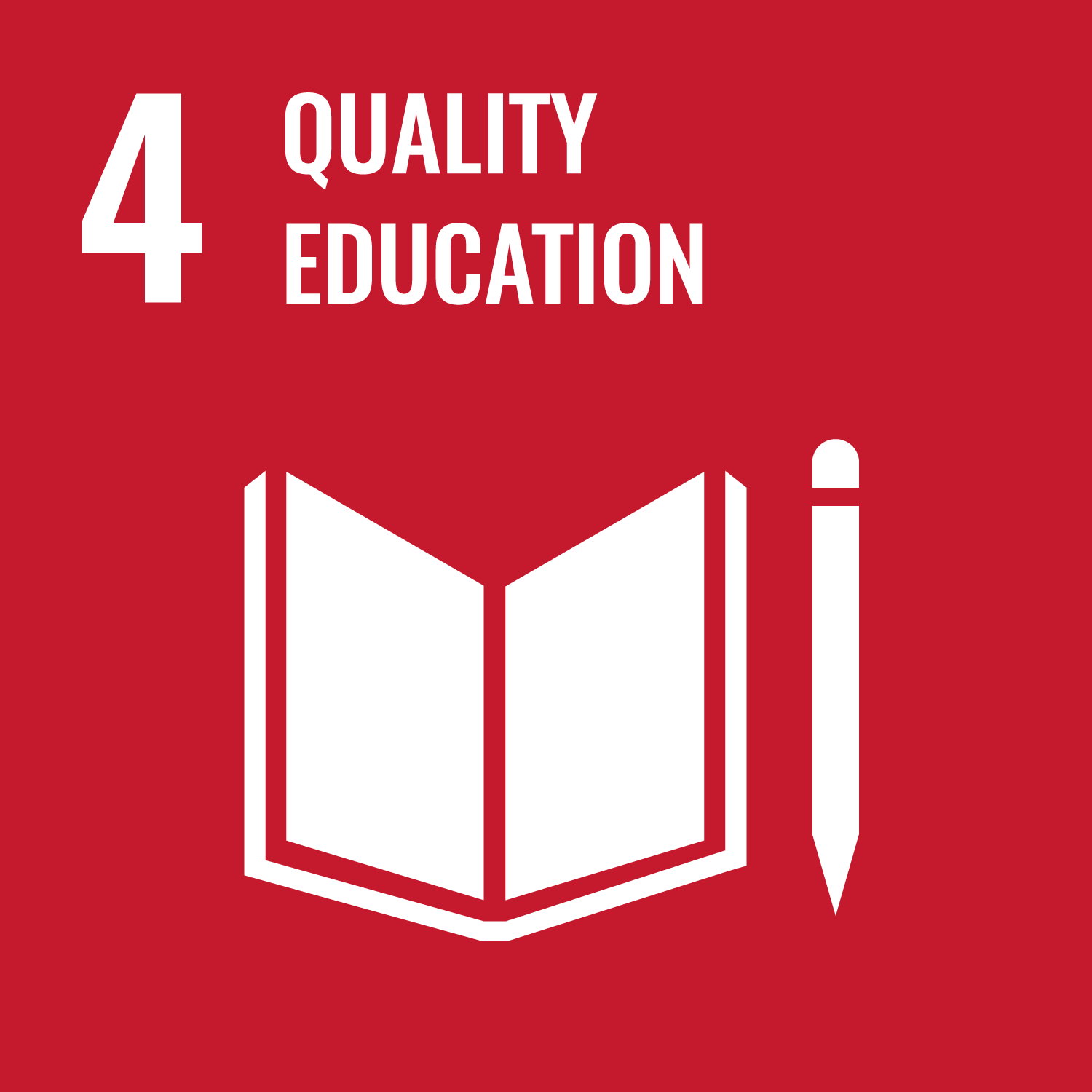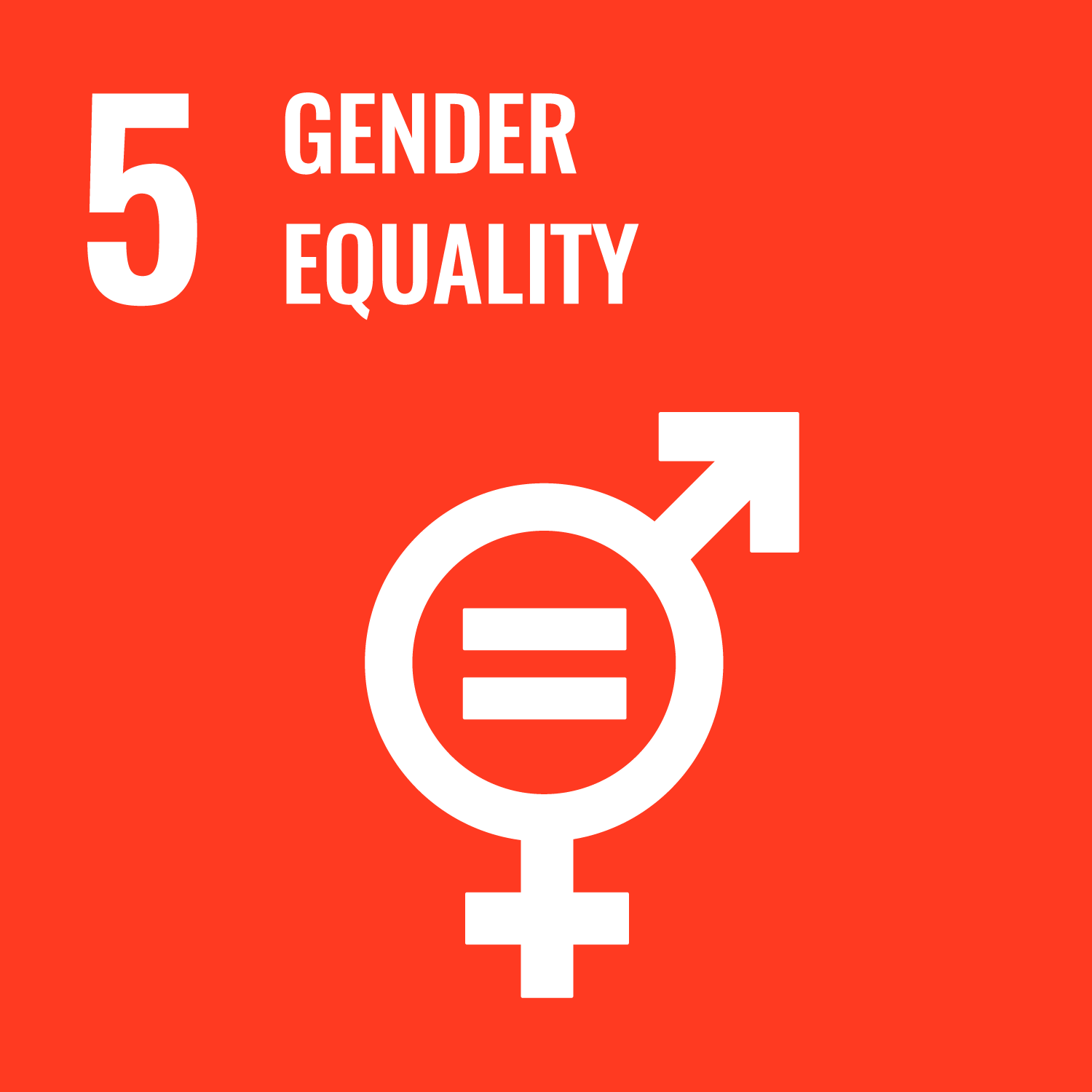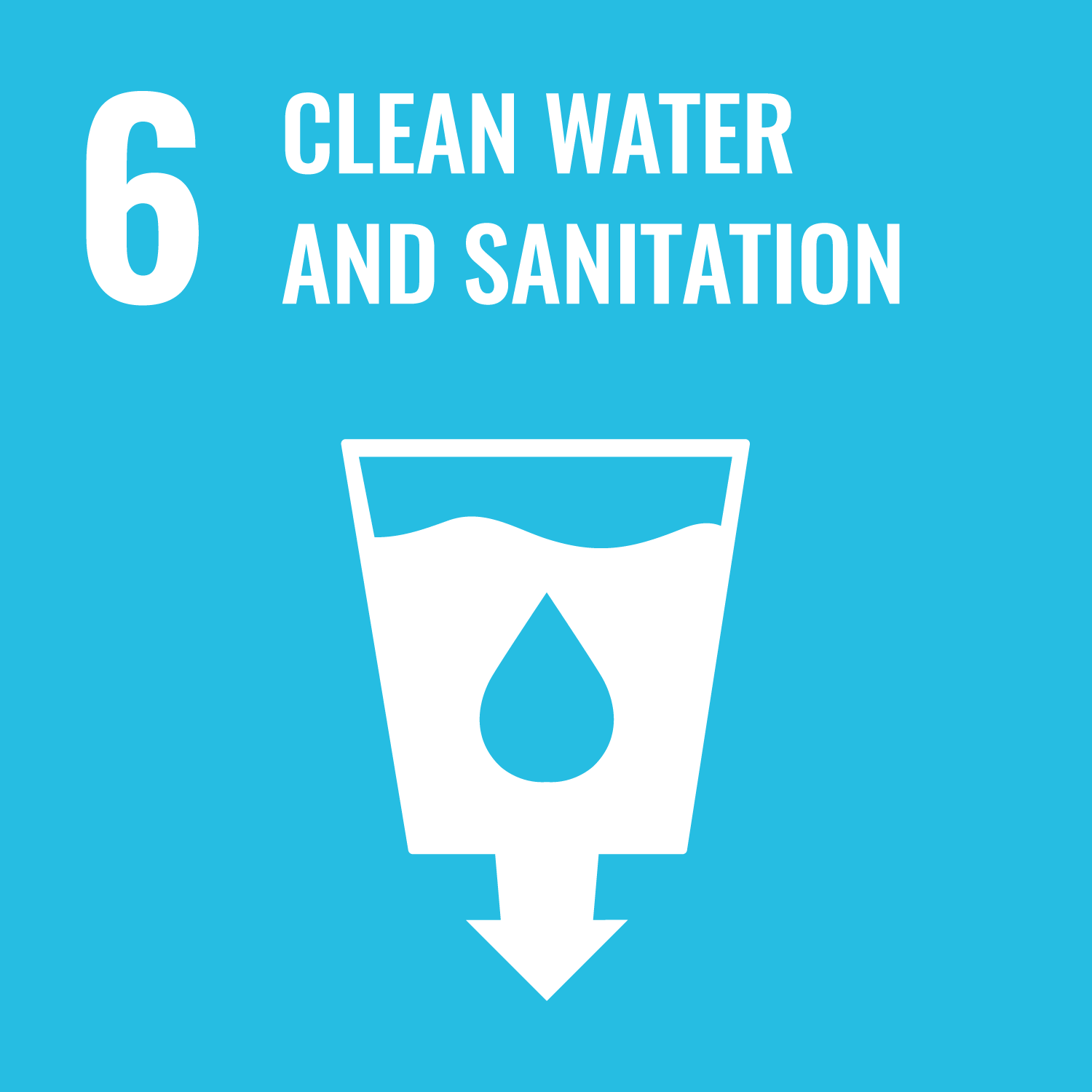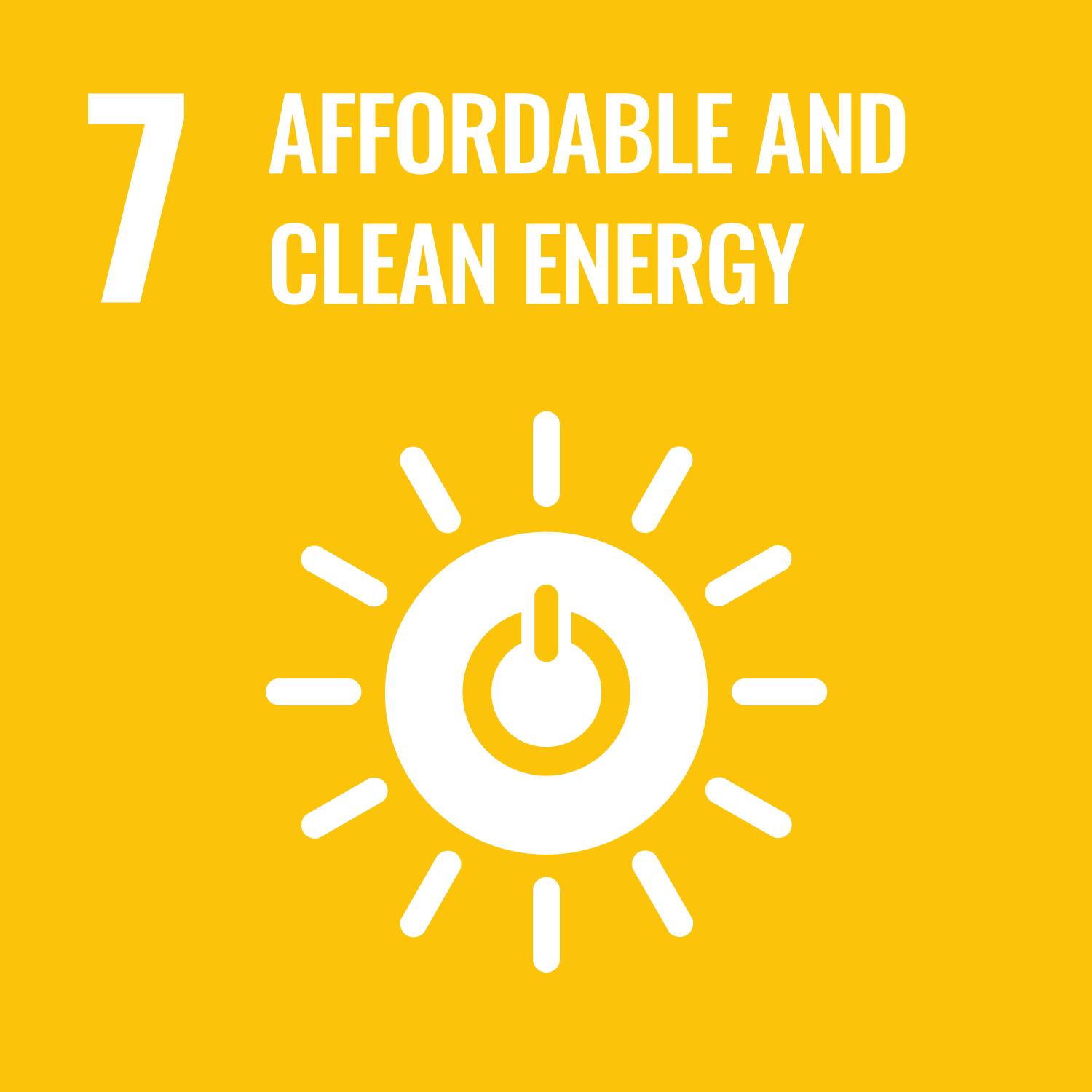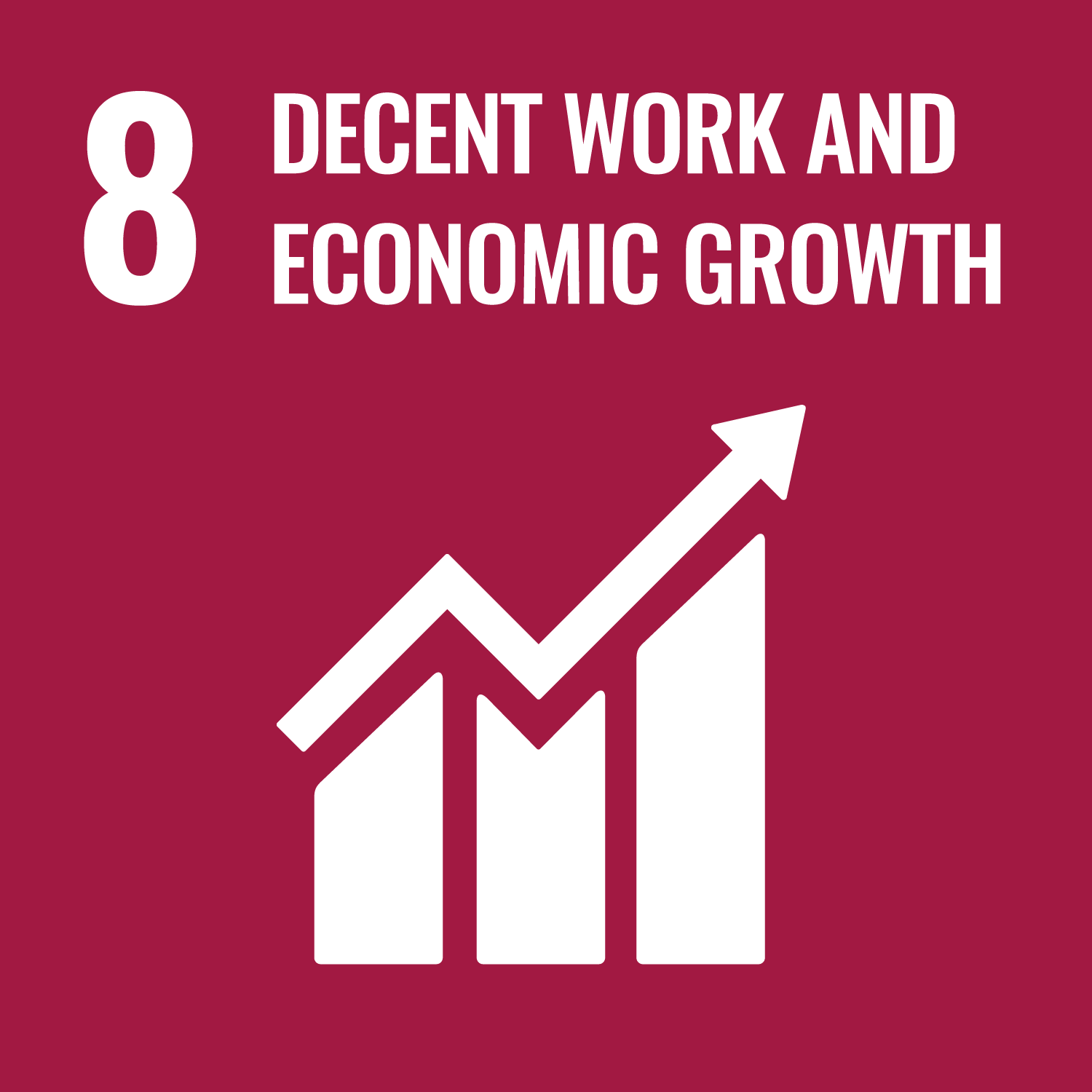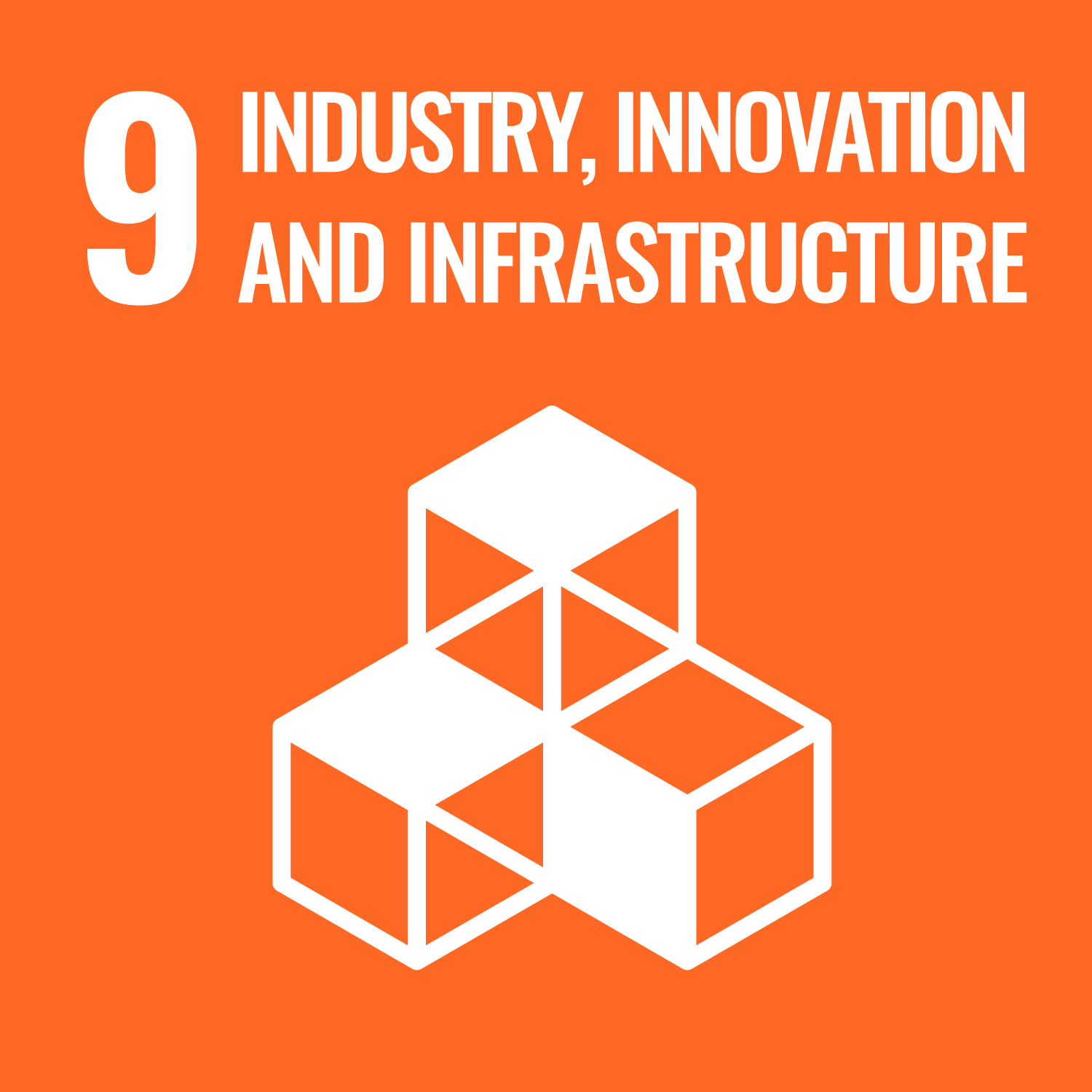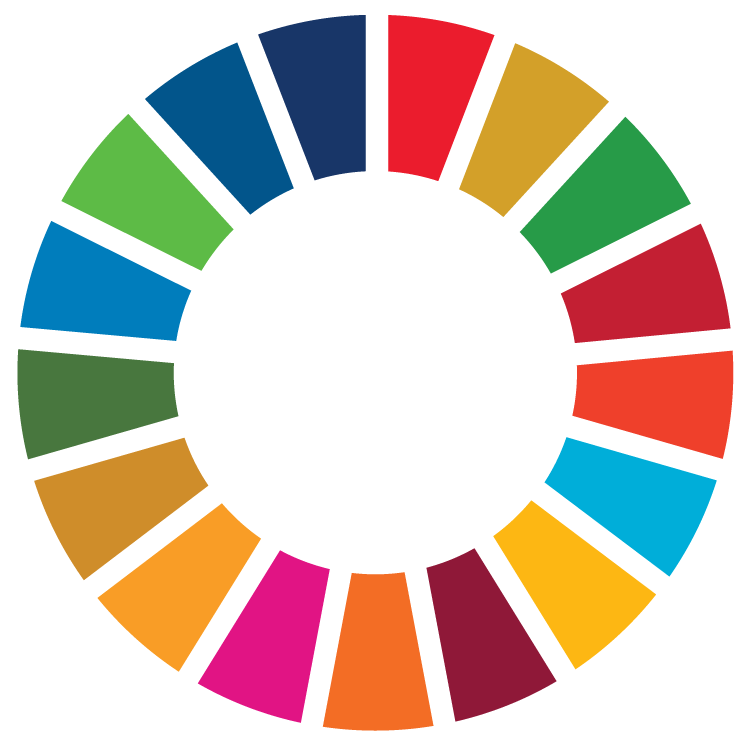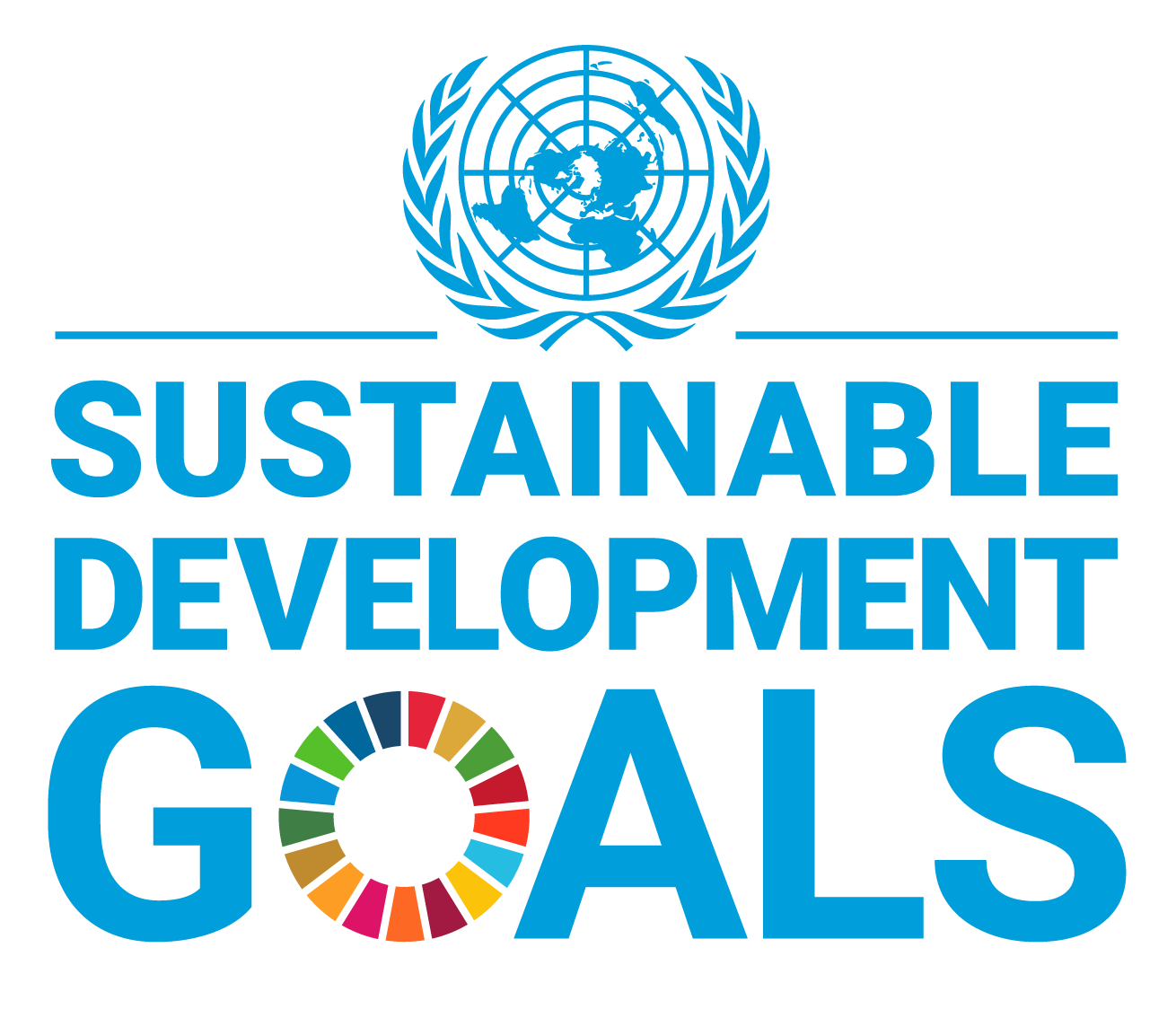- Beranda
- Tentang Kami
- Akademik
- Kemahasiswaan
- Riset
- Unit Layanan Fakultas
- LPPKM
- SDGs Initiatives
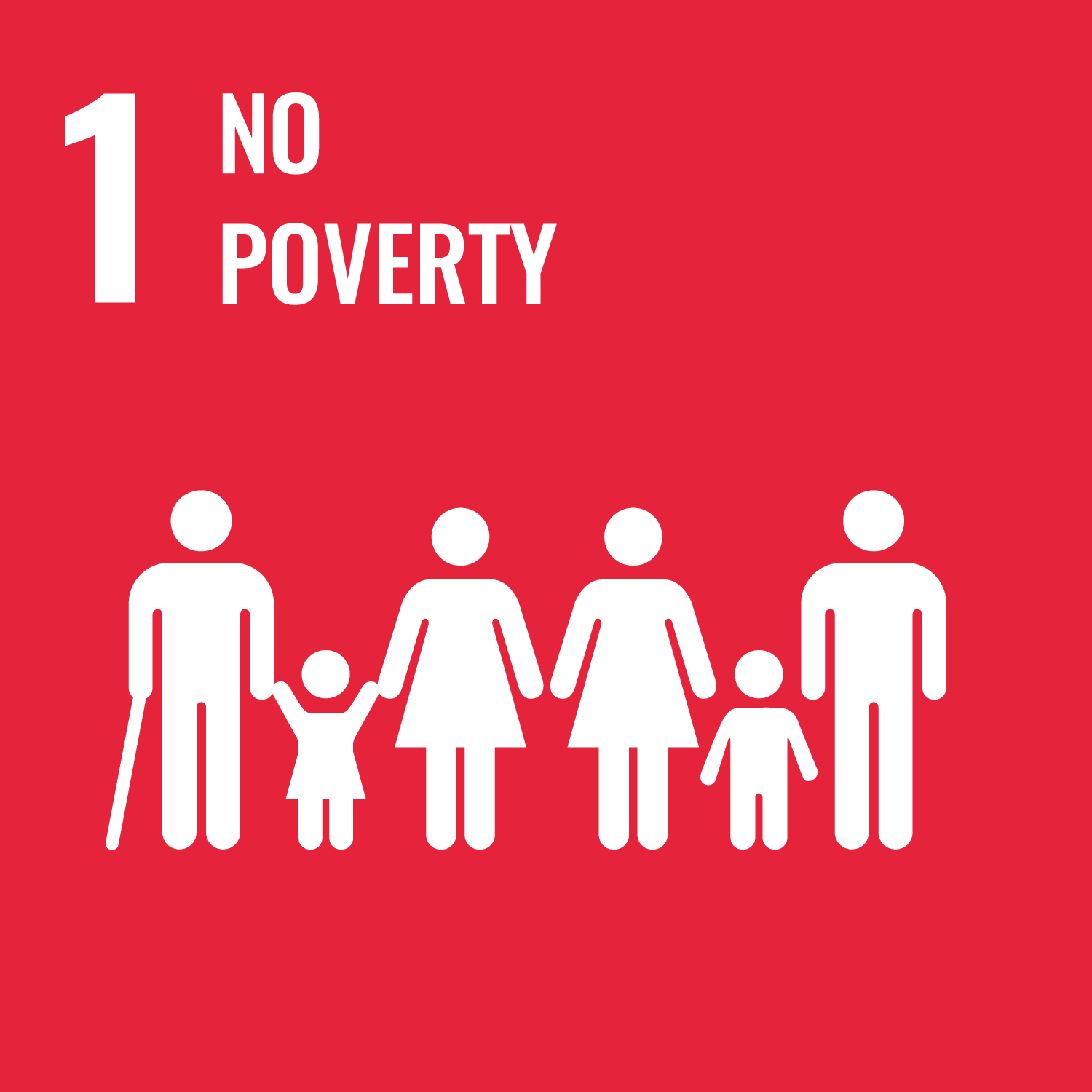

The Faculty of Public Health continuously supports economically disadvantaged students to complete their studies by providing facilities for its undergraduate students enrolled in regular programs. Below are the facilities provided from the faculty:
1. Biaya Operasional Pendidikan Berkeadilan (BOPB) or Fair Education Operational Cost. It’s an implementation of Single Tuition Fee at the Universitas Indonesia that allows students to pay tuition fees according to their parents, guardians, or education cost bearers’ economic capabilities. Newly enrolled students who got accepted through SNMPTN, SBMPTN, and SIMAK selection process can apply for BOPB by submitting documents including personal data and a statement of their economic capabilities. All submissions will be reviewed and verified by the university’s administrative team to determine students’ final tuition fee. In 2021, there are 951 students in the Faculty of Public Health who received BOPB.
2. Biaya Pendidikan Mahasiswa Miskin Berprestasi (Bidikmisi) or Education Cost for Economically Disadvantaged Students with Achievements. It’s a financial aid from the Indonesian government for economically disadvantaged high school graduates or equivalent who have good academic potential. In 2021, there are a total of 147 students in the Faculty of Public Health from Class of 2017 until Class of 2020 who received Bidikmisi.
3. Kartu Indonesia Pelajar Kuliah (KIP Kuliah) or Indonesian Card for College Student. It’s a financial aid from the Indonesian Ministry of Education, Culture, Research, and Technology for students whose family enrolled in Program Keluarga Harapan (PKH) or owned Kartu Keluarga Sejahtera (KKS) to help them complete their higher education. In 2021, there are 55 students in the Faculty of Public Health who received KIP Kuliah.
4. Kartu Indonesia Pelajar Afirmasi (KIP Afirmasi) or Indonesian Card for Affirmation College Student. It’s also a financial aid from the Indonesian government, but it’s only accessible by students with disabilities, participants in the Afirmasi Pendidikan Tinggi (ADIk) program for Papuans in Papua and West Papua, students who lives in the frontier, outermost, or underdeveloped areas (3T), as well as students who lives in areas affected by natural disasters or social conflicts. In 2021, there are 10 students in the Faculty of Public Health who received KIP Afirmasi.
5. During the COVID-19 pandemic situation that has a tremendous impact on the economic conditions, the Indonesian government has issued a relaxation policy for Single Tuition Fee payment for public university’s students. The Indonesian government has also allocated tuition fee assistance at a maximum cost of IDR2,400,000 through the Kartu Indonesia Pelajar Kuliah (KIP Kuliah) program. In 2021, there are 37 students in the Faculty of Public Health who received tuition fee assistance.
In 2021, there are a total of 147 students in the Faculty of Public Health from Class of 2017 until Class of 2020 who received Bidikmisi.
Below are the facilities provided from the Faculty of Public Health for economically disadvantaged students:
1. Newly enrolled undergraduate students in regular programs can apply for the Biaya Operasional Pendidikan Berkeadilan (BOPB) or Fair Education Operational Cost.
2. Undergraduate students enrolled in regular programs whose parents, guardians, or education cost bearers are having a change in economic conditions can update their BOPB at the end of every semester by following the schedule from Direktorat Kemahasiswaan (Directorate of Student Affairs) of Universitas Indonesia.
3. Undergraduate students enrolled in regular programs can also apply for scholarships from the Indonesian government such as Bidikmisi or KIP Kuliah and KIP Afirmasi or scholarships from the DKI Jakarta’s government called Kartu Jakarta Mahasiswa Unggul (KJMU).
4. Relaxation policy of tuition fee payment and tuition fee assistance at a maximum cost of IDR2,400,000 through the Kartu Indonesia Pelajar Kuliah (KIP Kuliah) program.
Foreign students from developing countries who wish to continue their study in Indonesia are provided with a scholarship from the Indonesian government called Developing Countries Partnership Scholarship (Beasiswa Kemitraan Negara Berkembang) to help them pursue a Bachelor’s, Master’s, or Doctoral degrees in universities in Indonesia. In 2021, there were 3 FKM students who received the scholarship and continued their studies in Epidemiology at the Faculty of Public Health, University of Indonesia.
Universitas Indonesia through the Directorate of Innovation and Science Techno Park (DISTP) annually held the UI Incubate event which is a program to encourage the growth and development of startups owned by lecturers, students, and alumni. The startup mentoring process will be carried out on important aspects of business starting from the production process, human resources, finance, to marketing as an effort to improve the quality of startups assisted by DISTP. It’s important because DISTP hopes that the startups will be ready to compete in the market and their products will be greatly accepted by the community. However in 2021, there are no startups from the Faculty of Public Health that participates in the UI Incubate program.
The Directorate of Innovation and Science Techno Park (DISTP) of Universitas Indonesia has a vision to become a work unit that plays an active role in encouraging increased innovation and entrepreneurship within the university to help solve national and global issues. In order to achieve the vision, DISTP will fund innovative works that have the potential to become business with economic value through a business incubation process.
The Faculty of Public Health often held programmes to improve access to basic services for all. In 2021, there were five programmes aiming to improve access to basic services:
1. Empowerment of Posyandu Helpers in Improving Knowledge Related to the First 1000 Days of Children’s Life through Education and Communication, Information, and Education in Pasir Putih Health Center area of Depok City,
2. Field Study Experience Related to Stunting in South Bogor District,
3. Community Empowerment in Management of the Settlement Environment and Community Education in Increasing Consumption of Nutritious Food During COVID-19 Pandemic in South Bogor District,
4. Education of Mosquito Bionomic within Households in Bogor City During COVID-19 Pandemic,
5. Home Gardening: Efforts to Increase Vegetable Consumption at Household Level
One of the departments in the Faculty of Public Health, Department of Nutrition, also contributes to community anti-poverty programs especially in poverty alleviation. The contribution is in the form of research in the field of nutrition. In 2021, there are two research conducted on nutrition:
1. Analysis Associated of Sensitive Nutrition Interventions with Stunting Prevalence in Children 0-23 Months in the Highest Stunting Province in Indonesia.
2. Impact of COVID-19 on Mother and Child Health (MCH) Services in Tangerang Regency.
Dampak COVID-19 Terhadap Pelayanan KIA di Kabupaten Tangerang

